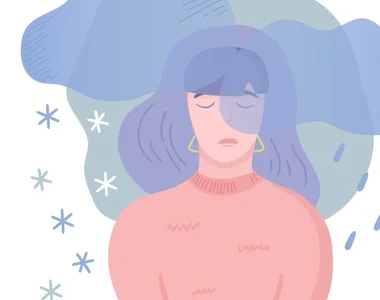
* This article was prepared by Sandro Galea and Chatherine Ettman, PhD students at the School of Public Health, Brown University.
Today, our team published the findings from a lengthy study on depression, conducted on a representative sample of American adults followed from spring 2020 to spring 2021. We followed the same group of adults over the course of a year to see how that changed. depression. Unlike other traumatic events in recent history, we found that depression remained high during the Covid-19 pandemic and may have increased slightly between March-April 2020 and March-April 2021. Our team conducted one of the studies before showing that depression tripled from before Covid-19 until its inception. According to the study, we found that depression went from 8.5% before Covid-19 to 27.8% in the spring of 2020 and 32.8% in the spring of 2021.
So today’s depression is not easing. Why?
Mental health responds particularly well to our socio-economic context. We found that people who experienced stress, such as challenges with childcare, difficulty paying rent, and losing a job, were the ones most likely to report depression during Covid-19. In previous studies, we found that people who were reporting stressful as job loss were those who had less wealth to enter the pandemic, and therefore had less opportunity to protect themselves from disruption caused by the pandemic.
Unlike other traumatic events, Covid-19 has been ongoing. As the effects of the pandemic last, they disproportionately affect people who had low wealth when they entered the pandemic, leading to additional stressors and poor mental health.
What can help?
In the short term, it will be necessary to ensure that those in need of mental health care can receive it, either through telemedicine or through personal counseling. Funding mental health care will be critical to connecting patients with providers and ensuring that all people have access to the resources needed (not just those with the means to do so).
In the medium and long term, we need to address the underlying socio-economic roots of poor mental health and, in particular, the disparities that create a disproportionate burden of poor health for certain groups.
Policies like child tax credit and infrastructure bills can create contexts in which low- and high-income people can thrive. Relieving the burden of poor mental health will require us to rebuild a society where everyone has access to the resources they need to be healthy, both mentally and physically.
Burimi: Psychology Today







